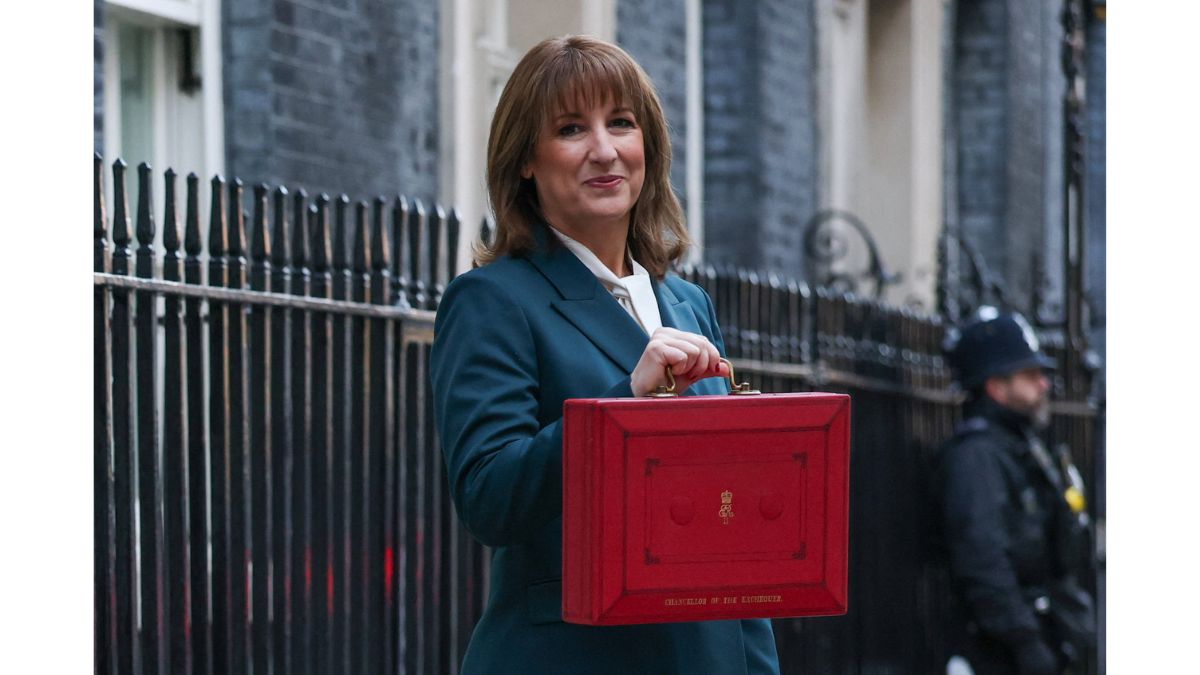British Chancellor Rachel Reeves on Wednesday sought to reduce the brunt of cost-of-living crisis and raise investments, but her tax hikes has overshadowed almost every other announcement in the budget.
As the United Kingdom has faced persistent inflation, a sluggish economy, and a budget deficit, Rachel faced the challenge of boosting growth without raising inflation while also shoring up public finances.
In her second annual budget, Reeves presented the solution as a mix of tax hikes, raising public investments, reducing energy bills, and extending fuel duty cut.
Critics have slammed Reeves for violating the Labour Party’s election manifesto with her tax hikes. They referred to her own pledge after last year’s budget when she raised taxes by around £40 billion.
Reeves’ £26 billion tax hike
In her second annual budget, Reeves hiked taxes by around £26 billion by 2029-30.
With the hike, the UK’s taxes rose to an all-time high of 38 per cent of the GDP over the next five-year period.
Under Reeves’ plan, more than 1.7 million workers will likely either enter the taxable bracket or move into a newer tax bracket as she has extended the freeze on income tax and national insurance thresholds by three years. This means that tax thresholds will remain same even as salaries will rise, making people enter taxable brackets or moving into higher brackets. This has been described as taxation by stealth.
In addition to the stealth tax, Reeves targeted the UK’s targeted the rich with a new council tax surcharge for properties worth more than £2 million.
Quick Reads
View AllReeves also announced a 2 per cent tax increase on income from dividends, savings, and property.
Budget provisions to tackle inflation, sluggish growth
With the budget, Reeves cut around £150 off household energy bills from April 2026 by ending the Energy Company Obligation (Eco) scheme and funding 75 per cent of the Renewables Obligation.
Reeves also announce a one-year freeze on regulated train fares, a freeze on prescription charges under the National Health Scheme (NHS), and extending a 5 pence a litre relaxation on fuel duty.
The government has estimated that it could bring down inflation by 0.4 percentage points.
To balance inflation-management and growth, Reeves sought to bring the 0.4 percentage point reduction through targeted consumer price relief instead of demand-side tweaks that could have suppressed growth. That’s why relief has come why cutting duties and fares.
At the same time, Reeves has promised up to £120 billion public investments to fuel growth. She said public investments will be at the highest point in four decades with the move.
)